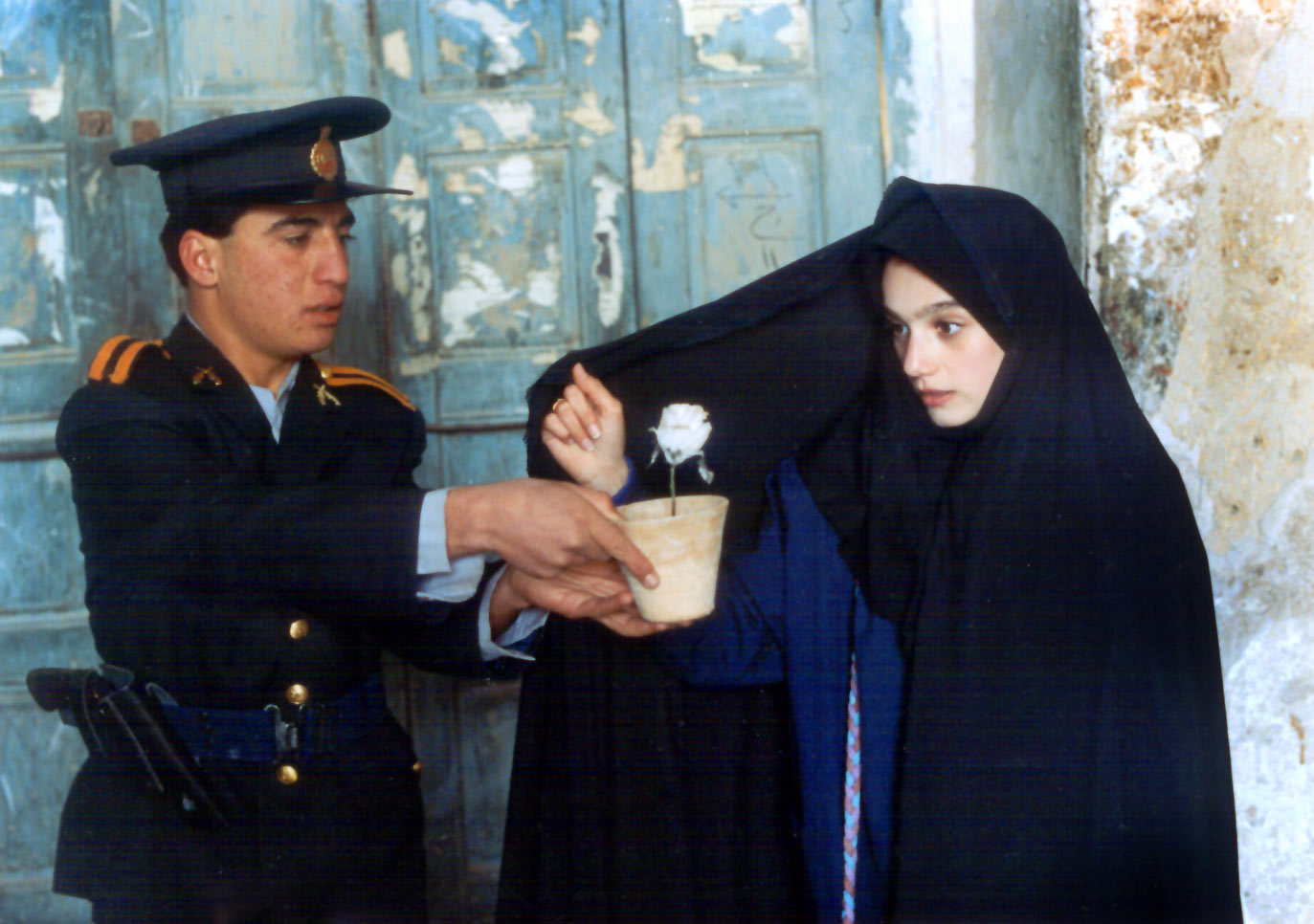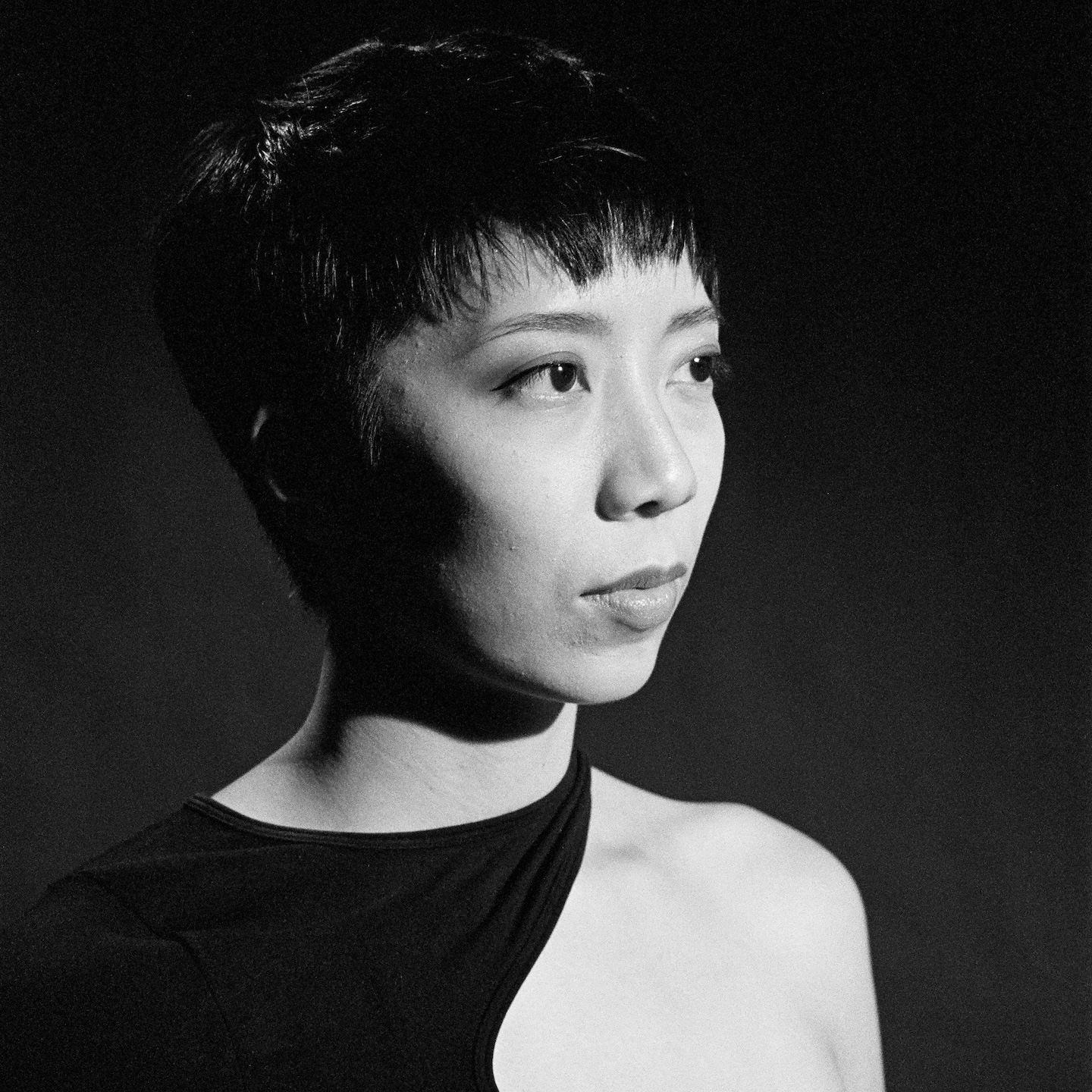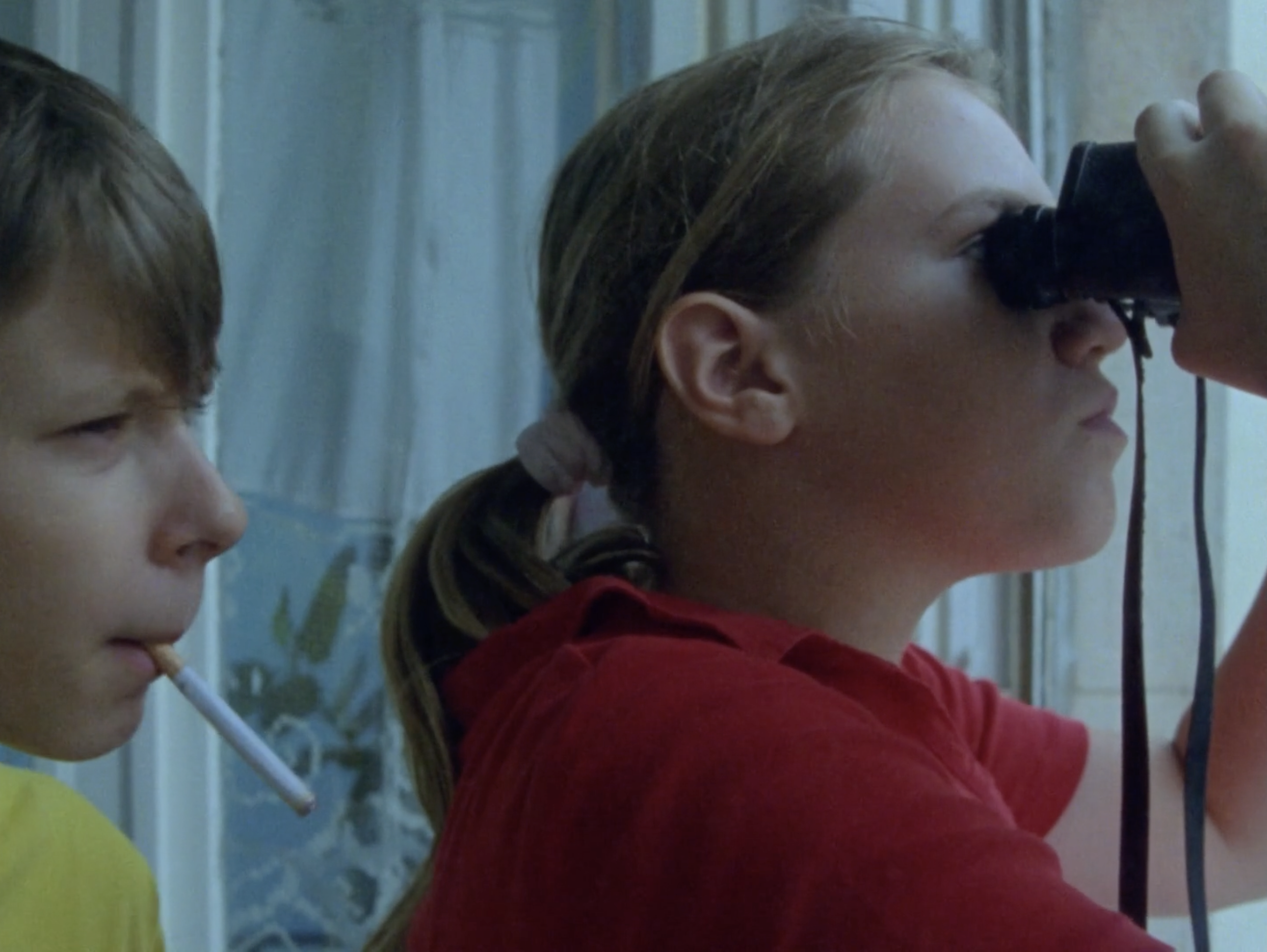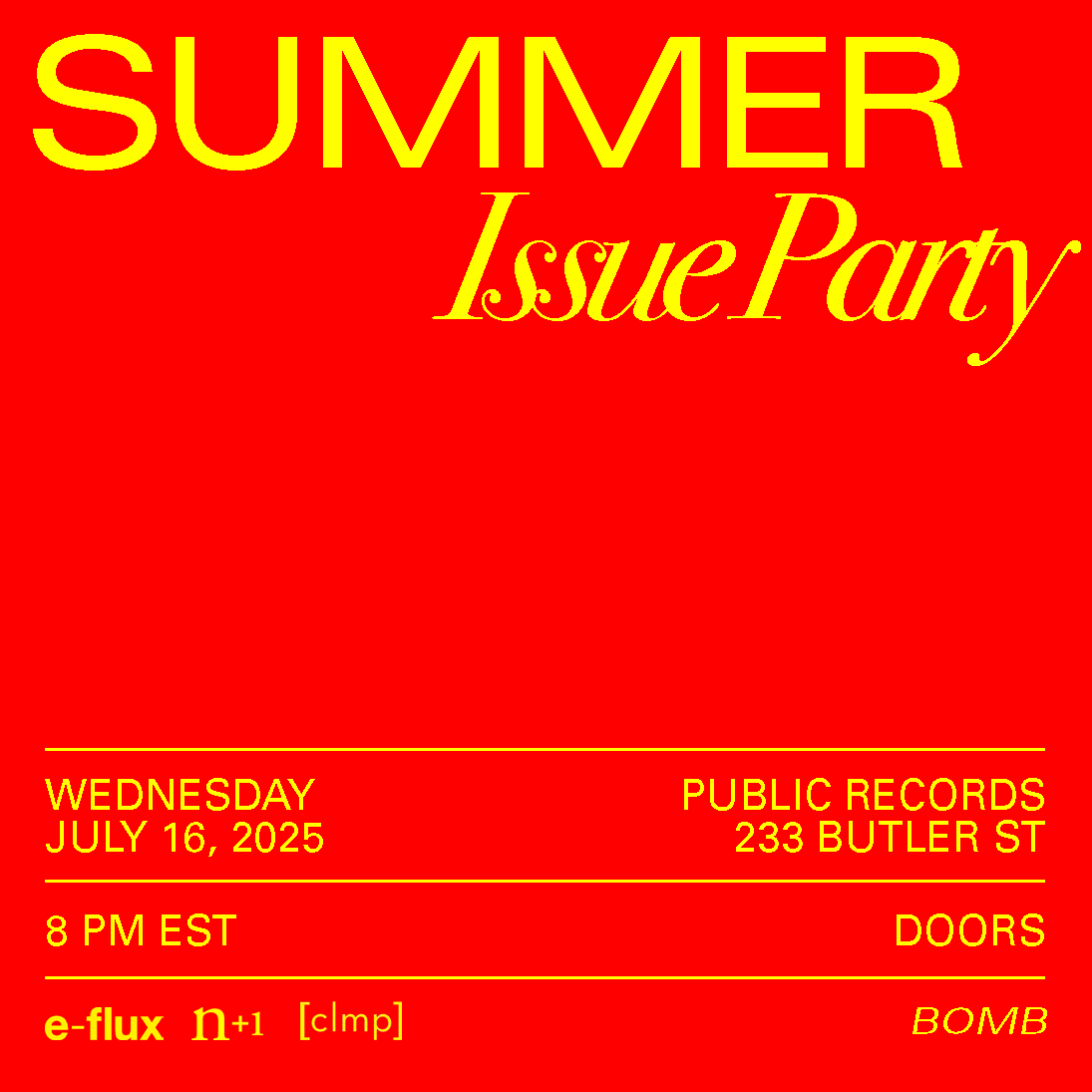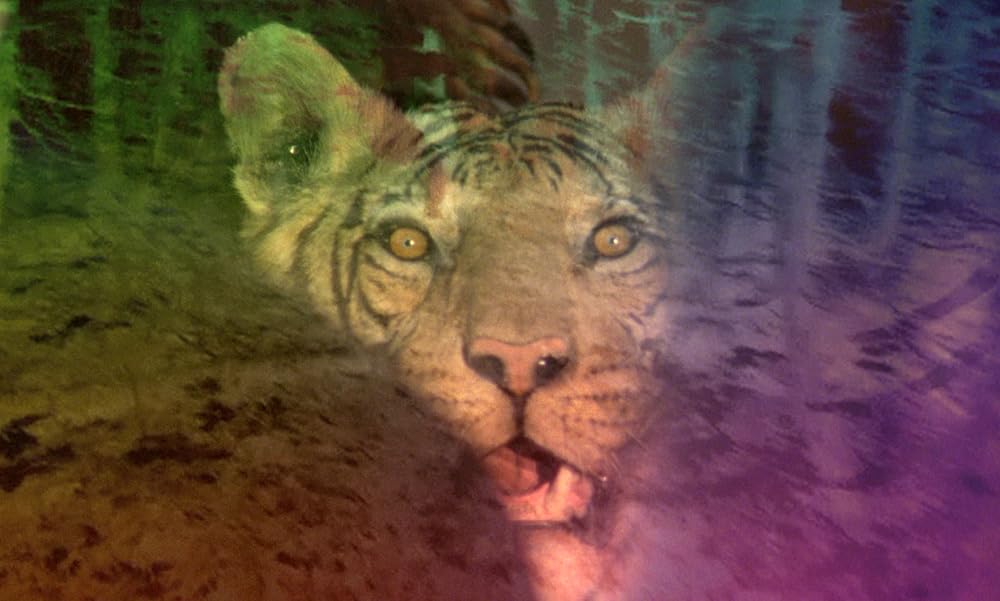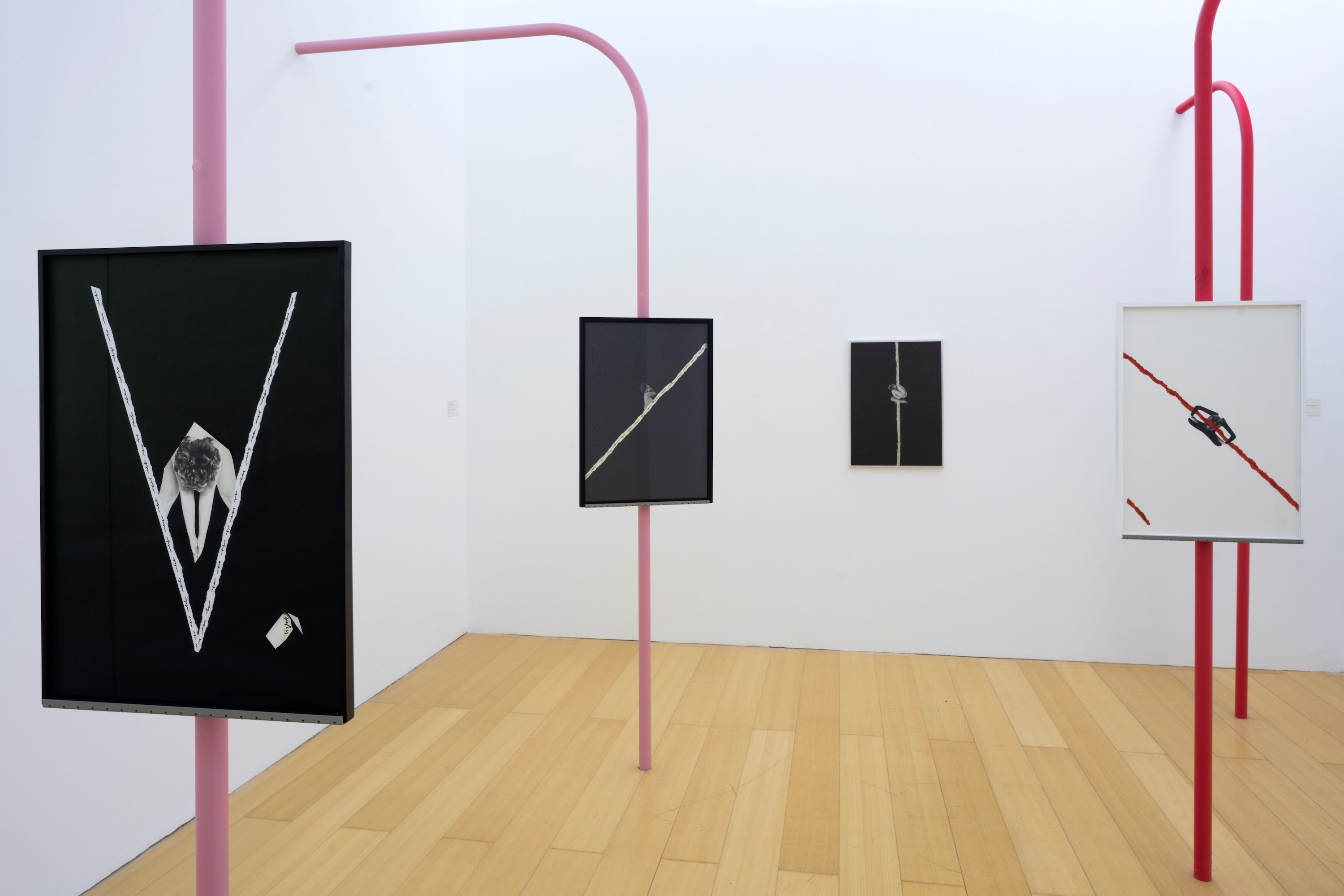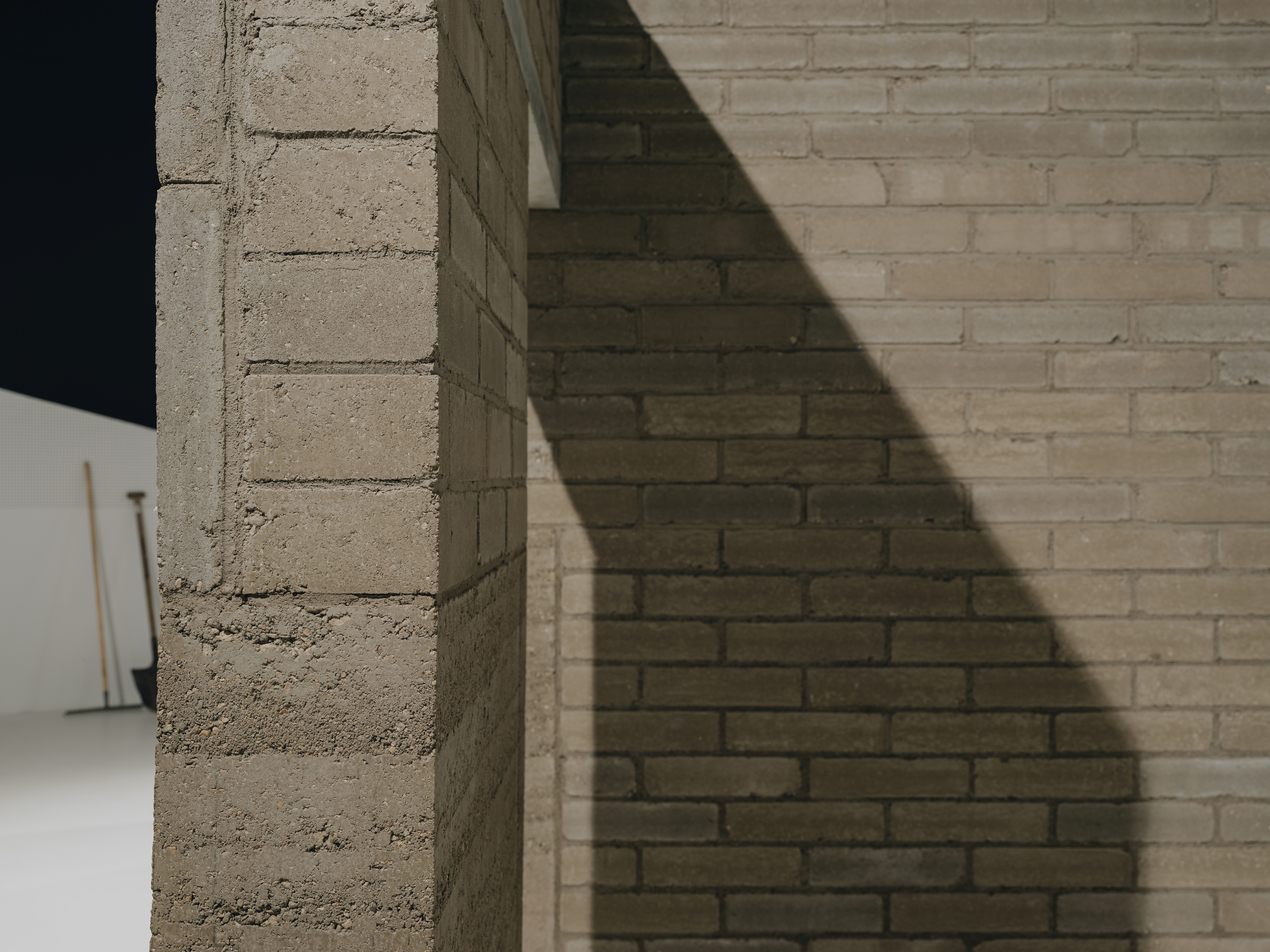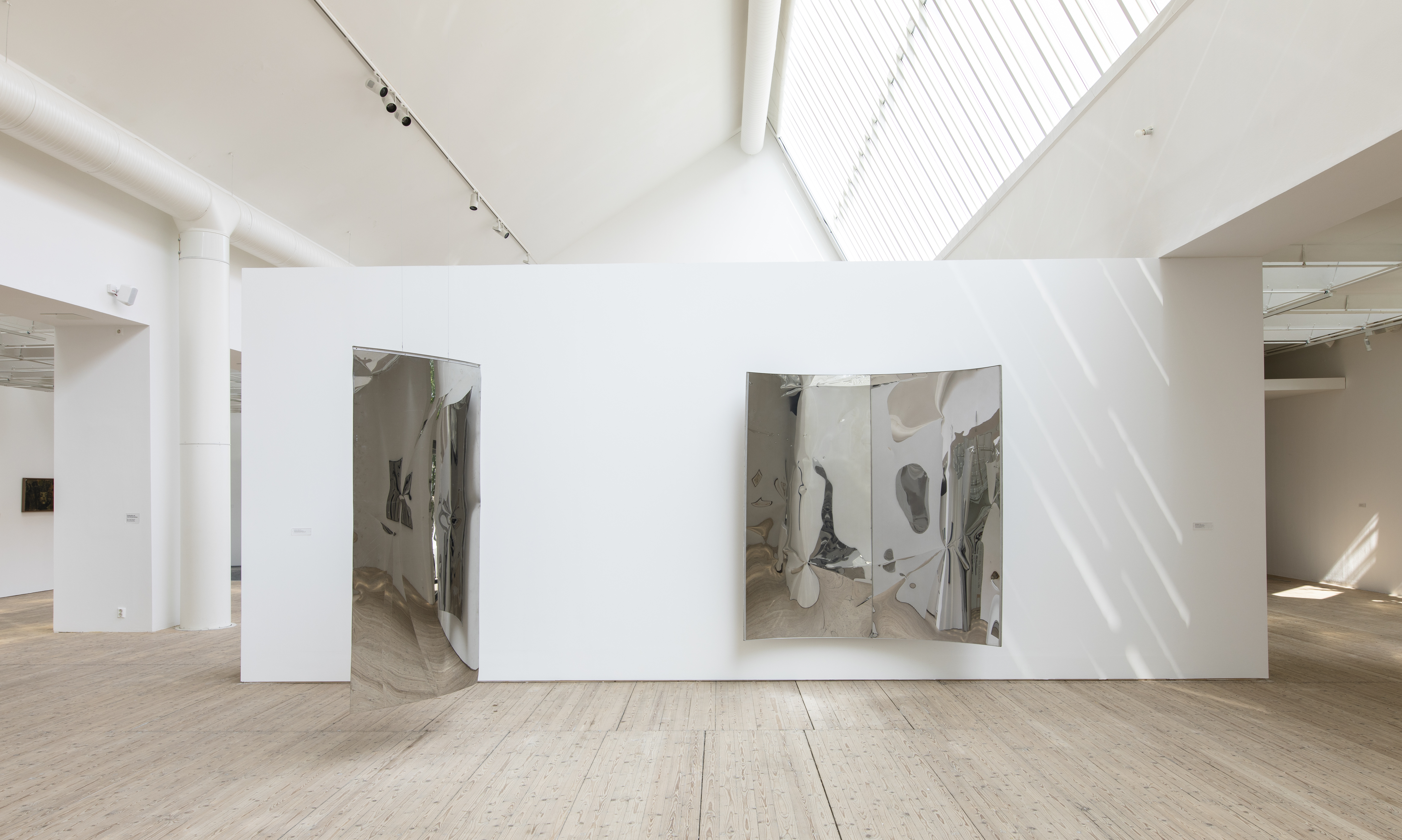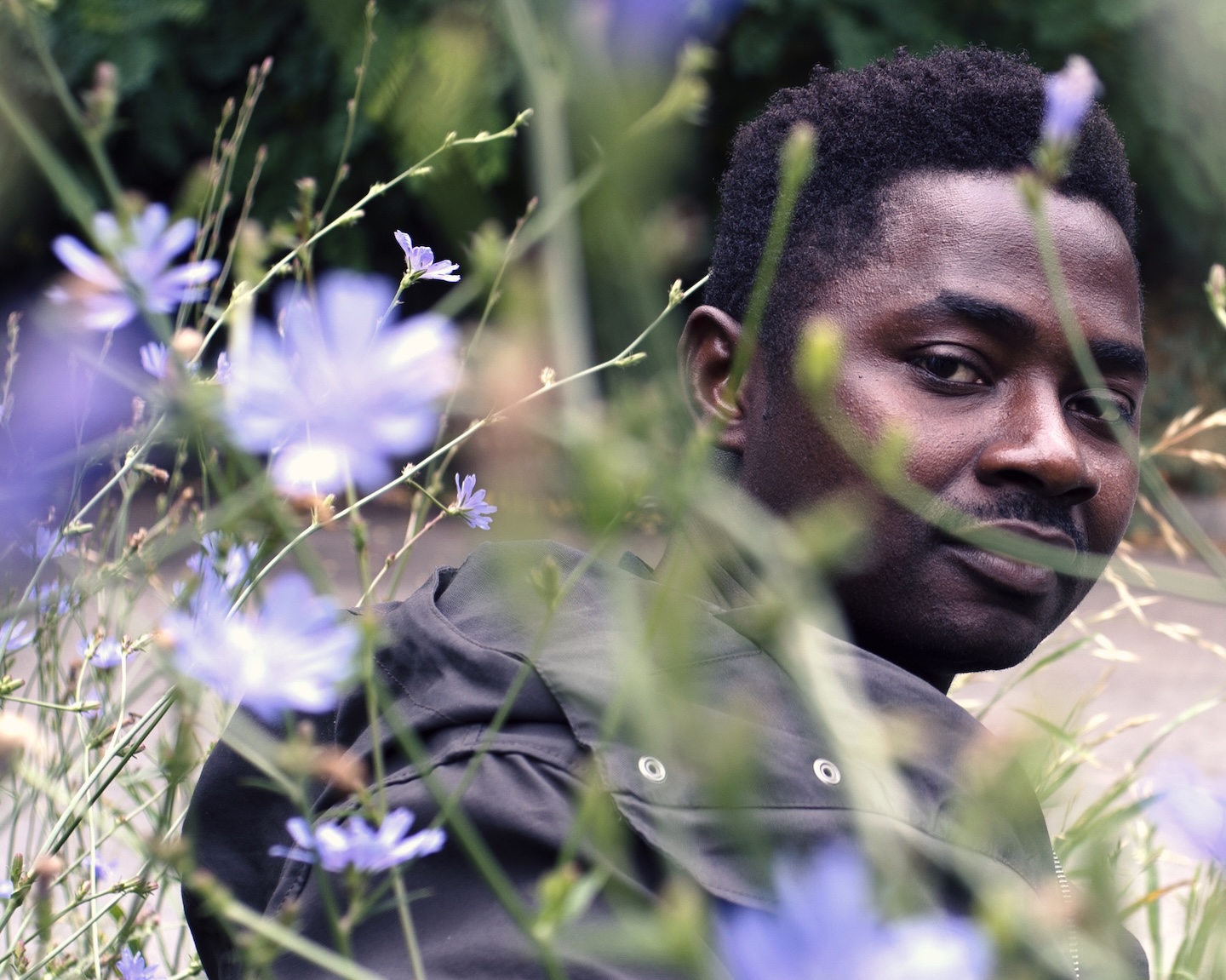(1952 – 2008): Shock Waves
Cuauhtémoc Medina
Some lives can’t fit in a single lifetime; they challenge our expectations about how many stories could possibly be provoked, contained, told and thought by a single individual. Olivier Debroise was one of the most ferocious art critics and curators in Mexico, a homosexual novelist who explored the intersections of history, violence and desire, and a cultural agent who was equally devastating in destroying myths and sustaining institutional transformations; and this is only the beginning. His death has created a massive commotion, because Debroise did not merely treat culture as his profession. He was a potent force within a multitude of critical circles that extend across disciplines, iconographic camps, academic circuits, and creative trajectories, and his loss has permanent ramifications for all those that he touched.
Tempestuous, brilliant, and tireless, Olivier Debroise was a representative of an era in which fixed concepts of identity—personal, professional, and political—lost meaning, giving way to a contemporaneity in which the past is always active, and radicalism functions without need of dogmas. In a world of organic intellectuals and fossilized academics, Olivier saw the opportunity to treat culture like an adventure series within the cycle of upsets that was the twentieth century. What follows is an incredible, though incomplete, list of the roles he played, shots he fired, and crossfire in which he was caught:
- A heterodox historian who beginning in the late 1970s bombarded the official narrative of Mexican modernism, exploring the cubist structure underlying Diego Rivera’s work (Diego de Montparnasse, 1979), chronicling the marginal artistic circuits of the 1920s and ’30s (Figuras en el trópico, 1982), dissecting the cadaver of the “mass individual” in Siqueiros’s painting (Portrait of a Decade, 1997), and articulating a polemical geneaology of contemporary art (Age of Discrepancies, 2007).
- An anti-psychiatric activist who worked with Félix Guattari and Suely Rolnik.
- The inventor of the notion of the curator as a leftist cultural politician, a critical virus of globalization, and an agent of continuous intellectual effervescence. The founder and ideologue of Curare (1991-1997), the Camara Nacional de Industrias Artísticas (National Chamber of Art Industries, CANAIA) (2001-2004), Teratoma (2000-2008), and more recently, the curator responsible for reactivating the neglected task of forming public collections of contemporary art in Mexico through his work at the MUAC (University Contemporary Art Museum) of the UNAM (National Autonomous University).
- The experimental filmmaker who, having worked on Jodorowsky’s La Montaña Sagrada, absorbed the actoral improvisation of Claude Lelouch and the intellectual poetics of Godard and Pasolini, and succeeded in producing one of the most audacious feature-length experimental films ever: Un Banquete en Tetlapayac (A Banquet in Tetlapayac, 1997-1998), a re-interpretation and tableau vivant that addresses the paradoxes of Mexicanism, communism and homosexuality within Sergei Eisenstein’s ¡Qué viva México! (1931-2).
- The travelling companion of three or four generations of artists: from Enrique Guzmán and Javier de la Garza to Rubén Ortiz or Miguel Calderón; from Carla Rippey, Adolfo Patiño and Mario Rangel to Francis Alÿs, Silvia Gruner and Melanie Smith; from Lola Alvarez Bravo to Claudia Fernández and Miguel Ventura, etc., etc.
- The axis of a series of unthinkable theoretical, geographic, and literary maps and axes: from Carlos Monsiváis and Luis Zapata to Susan-Buck Morss and Ivo Mesquita; from Sweden to Patagonia and Los Angeles; from Sovietology to Nomadism; from Tijuana/San Diego to the sixteenth-century Chichimec border wars.
- Intellectual accomplist; institutional conspirator; bureaucratic saboteur; infatigable smoker and seducer.
Olivier frequently insisted that though he was born in Jerusalem in 1952, it was when that city was a part of Palestine. At 17, he deserted his parents’ diplomatic circuit to settle in Mexico, which was, for him, the site of commitment and liberty. In his last moments, Olivier Debroise was accumulating new and unfinished projects. His death was sudden and unpredictable—as impulsive as Olivier himself.
Translated by Jennifer Josten.
